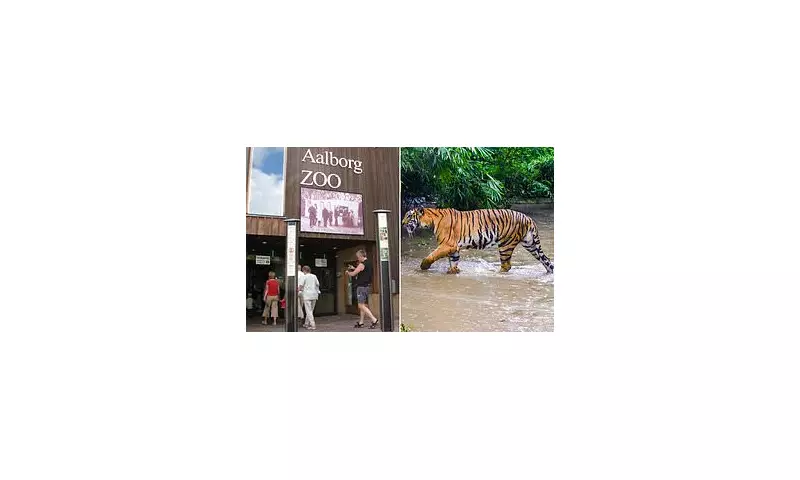
A British zoo has issued an unusual plea to pet owners, asking them to consider donating their deceased animals to help feed its carnivorous residents. The request comes as rising costs and supply chain disruptions make it increasingly difficult to source food for predators like lions, tigers, and wolves.
An Unconventional Solution to a Growing Problem
With inflation driving up the cost of meat and some suppliers struggling to meet demand, zoos across the country are facing unprecedented challenges in feeding their animals. This particular zoo has turned to an innovative solution that could benefit both pet owners and wildlife.
How the Donation Process Works
The zoo has outlined a simple process for pet donations:
- Owners must ensure the animal has been euthanised by a qualified veterinarian
- All medical records must be provided
- The pet must be frozen immediately after death
- Donations are collected by zoo staff at arranged times
"This provides a dignified way for beloved pets to contribute to conservation after their passing," explained a zoo spokesperson.
The Ethical Debate
While some animal welfare groups have praised the initiative as a sustainable solution, others have raised ethical concerns. Critics argue that using domestic animals to feed zoo predators blurs important boundaries in animal husbandry.
Zoo officials maintain that all donations are handled with the utmost respect and that the program strictly adheres to ethical guidelines. They emphasise that no healthy animals are ever accepted, only those that have died naturally or been euthanised for medical reasons.
Conservation Benefits
Beyond addressing immediate feeding challenges, the program offers several conservation advantages:
- Reduces waste from the pet industry
- Provides varied, high-quality nutrition for zoo animals
- Decreases reliance on commercial meat suppliers
- Supports sustainable zoo operations
The zoo hopes this initiative will inspire other conservation organisations to explore creative solutions to modern challenges in animal care.





